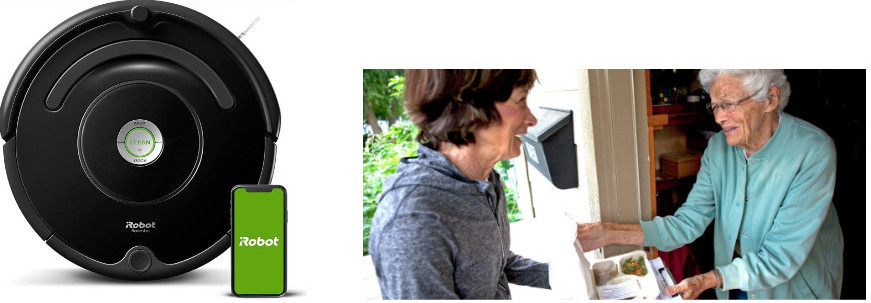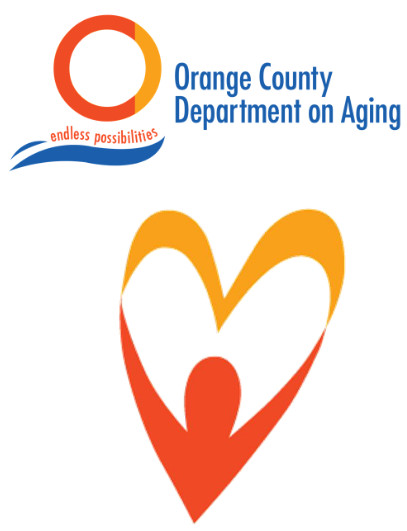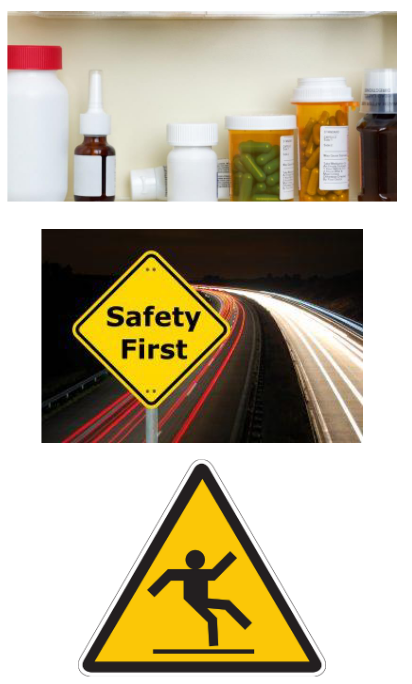Living Alone with Dementia
Kendall McMillan, MSW, LCSW
Can you live alone for now?
- Many people in early stages of dementia are able to live alone
- Safety should be the #1 priority
- Consider your daily tasks
- What are you still able to do completely independently?
- What can you do with help?
- What do you need to hand off to someone else?
- Do you want to continue living alone?
- Do you have a support system?
What tasks can
you complete
safely and
independently?
- Personal Care
- Housekeeping
- Medication Management
- Meal Preparation
- Transportation
- If any of these are a challenge,
you may still be able to live
alone with supports in place

What can help you remain safe?
Medical alert devices
Leave a set of keys with a neighbor
Regular check ins
Automatic shut off on appliances
Smart speaker (Alexa) for reminders

What tools do you need?
- Medication – Pill Boxes, Pill Dispensers, Reminders
- Meal Prep – Delivery, Frozen, Meals on Wheels
- Household Tasks – Calendar, Roomba, Toilet cleaner


Who is in your support system?
Every person serves a different purpose
Who are your regular, reliable supports?
Who is a good “as needed” or “last minute”
Staying Engaged
Living alone presents a risk for
isolation, which can lead to depression
Research has shown that remaining
socially engaged may slow the
progression of dementia
Think of ways you can remain
involved in activities you enjoy
Schedule regular visits and phone calls
Check out the senior center
Planning for the future
- Dementia is progressive, so it is important to continue to monitor changes.
- You may not need help now, but what if in the future?
- How will you know when it’s time to move?
- What can you put in place now, to help you later?
- Power of Attorney
- Supplemental Advance Directive for Dementia Care
- Adding family members to accounts
- Organize your home and documents

What family
and friends
should look for
Hygiene and Health
- Does this person look clean?
- Have they lost or gained weight quickly?
Home Cleanliness
- Bad food in the fridge
- Mold/Pests
- Excess clutter
Safety
- Are they having accidents?
- Getting lost or wandering?
Sudden changes in mood/thinking/memory
- Quick changes can indicate infection or missed doses of medication
Questions?
- Kendall McMillan, MSW, LCSW
- Kmcmillan@Orangecountync.gov
- Aging Helpline
- Agingtransitions@Orangecountync.Gov
- 919-968-2087










